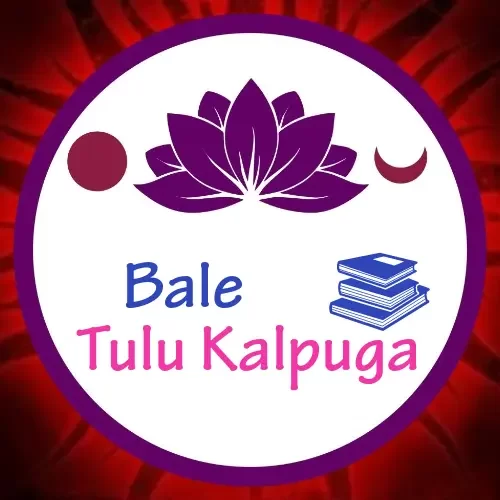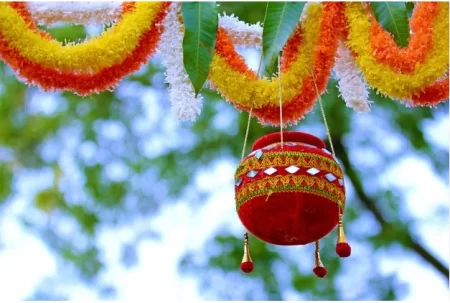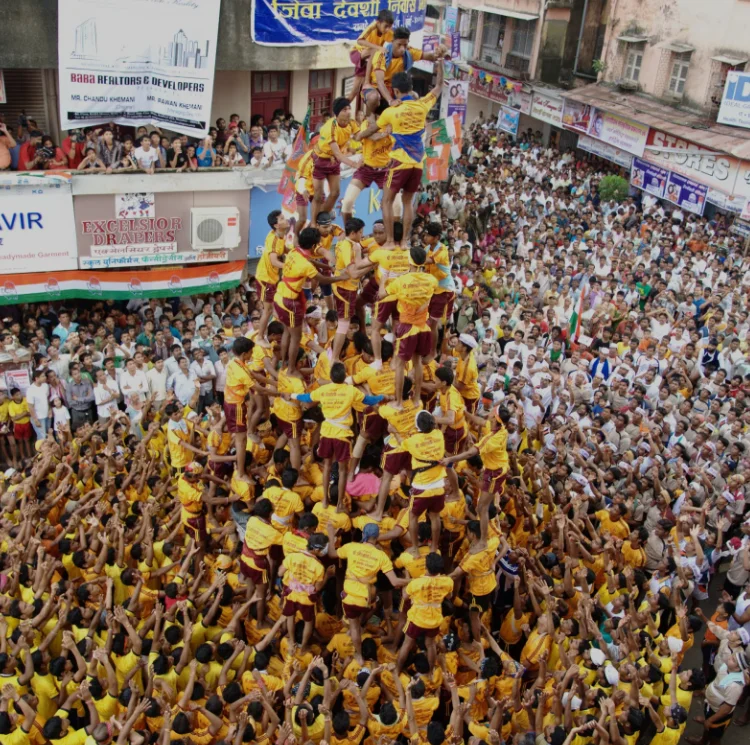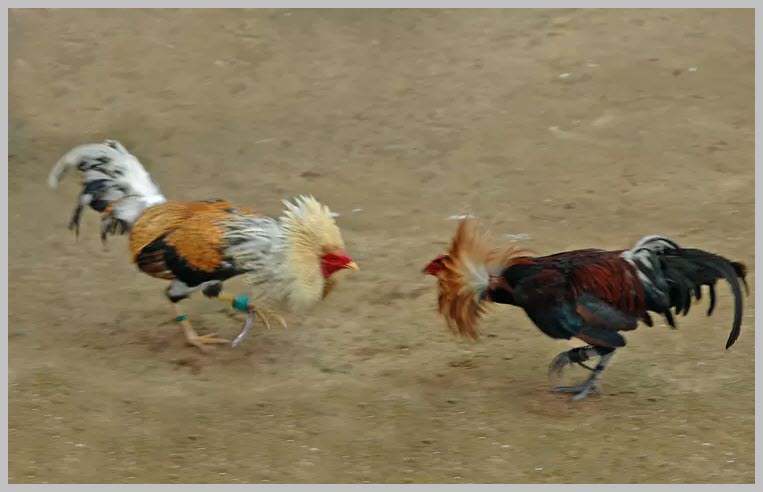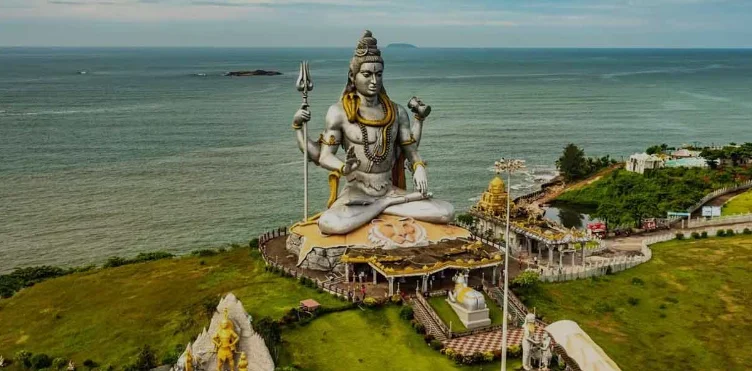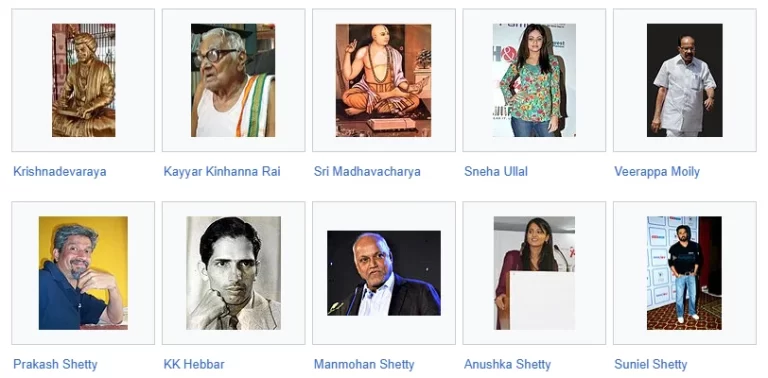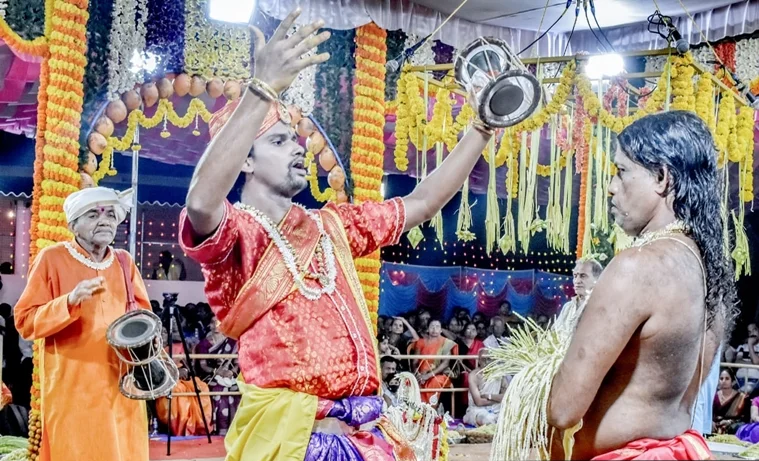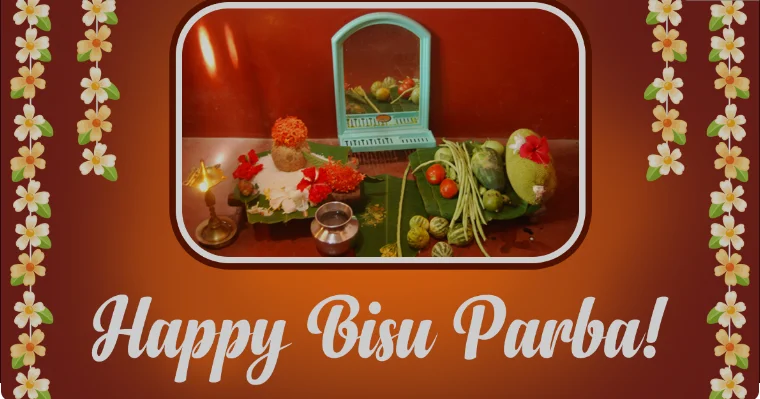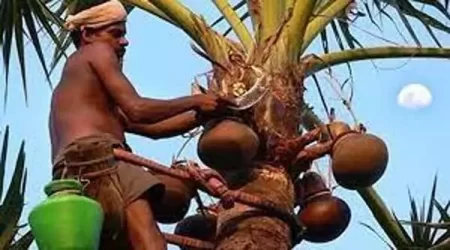Mosaru Kudike
Mosaru Kudike
Mosaru Kudike in Mangalore, also known as Vitla Pindi in Udupi is a popular festival in Dakshina Kannada, Coastal Karnataka. Mosaru Kudike or Vitla Pindi helps people recall childhood antics of Lord Krishna and is celebrated during Sri Krishna Janmastami, which falls during the month of August-September. This is also known as Dahi Handi (also known as Gopal Kala or Utlotsavam) in Maharashtra, Mumbai is an entertainment and competitive event associated with Krishna Janmastami, the Hindu festival celebrating the birth of Krishna.
During the event, which takes place during August or September on the day after Krishna Janmastami. It involves communities hanging a clay pot filled with yogurt (Dahi), butter, or another milk-based food at a convenient or tall height. Young men and boys form teams, make a human pyramid, and attempt to reach or break the pot. As they do so, people surround them, sing, play music, and cheer them on. It is a public spectacle, and an old tradition. More recently, Dahi Handi was lavished with media coverage, prize money and commercial sponsorships.
The event is based on the legend of the god Krishna along with his friends mischievously stealing butter and other curd from neighboring homes in Gokul as a child. He is also called Makhan Chor or butter thief. The neighbors would try to avert his mischief by hanging the pots high out of his reach, but Krishna would find creative ways to reach them.[
Background or Legend of Mosaru Kudike
The child-god Krishna and his friends used to form human pyramids to break pots hung from the ceilings of neighborhood houses, in order to steal curd and butter. This was in Vrindavan, a village in Uttar Pradesh, India, where Krishna was brought up. According to a legend, though there was an ample supply of milk products, the children were denied the nourishment during the evil king Kamsa’s rule because the king seized the milk products produced. Krishna with his friends would steal and share the milk products. In the Hindu tradition, Krishna is also referred to as Makkan Chor(Hindi_ or Benne Kalla in Kannada(butter thief).
Competition
Vitla Pindi or Mosaru Kudike is often celebrated as a championship that tests physical endurance and balancing skills of participants. A clay pot filled with milk or milk products such as curd is hung at an elevation over the streets. Participating teams need to form human pyramids, let one set climb on another till a person reaches high enough to be able to smash the clay pot. Team managing this in the shortest time is declared the winner.
In the individual version, participants are blind folded, given a large stick and let loose on the street. They need to orient themselves, get under the overhead clay pot and smash it with the stick. Whoever succeeds in smashing the pot in the shortest time is declared the winner.
Celebration and economics
The participants form a pyramid consisting usually below 9-tiers, and are given three attempts to break the earthen pot. Every year thousands of people and hundreds of Krishna devotees gather for Masaru Kudike events.. As of 2023, the prize money for the events usually range between ₹1 lakh (US$1,300)– ₹12 lakh (US$15,000) depending on the organizers and its sponsors. Each year, the prizes and scale of the celebrations increase due to the participation of political parties and commercialization.
Local and state political parties like are active during this event, with each offering their own prize money. Each party sponsors its own set of Masaru Kudike. Their involvement has increased in the 2000s, thereby increasing competition and prize money. Thus, numerous teams compete against each other in successive events for the prizes throughout the city.
Issues
The presence of these mass celebrations and Mosaru Kudike cause traffic congestion and problems like excessive littering. It also causes the issue of sound pollution, with the Supreme Court of India’s prescribed guidelines being 55–65 decibels.
Participation carries a high risk of mortality. The number of injuries increased due to higher competition since 2000. A report in 2012 from the Journal of Postgraduate Medicine, concluded that “There is a considerable risk of serious, life-threatening injuries inherent to human pyramid formation and descent in the Mosaru Kudike festival.
Where to witness Vitla Pindi in Udupi and Mangalore
Vitla Pindi is the best scene in Udupi town during Sri Krishna Janmastami celebrations. Exact dates may vary as per Hindu calendar each year but usually falls in August-September period. If you are in Udupi during the time, your local host/hotel staff will assist you identify where and when Vitla Pindi activities are being held.
In Mangalore, the Mosaru Kudike and Tabloid starts from Sri Krishna Bhajana Mandira near Kottara, Mangalore is very popular.
Mosaru Kudike competition is held in various other parts of Mangalore and Karnataka as well during Sri Krishna Janmastami time.
Mangalore Mosaru Kudike
Go to Tulu News Page to read more about Tulu Nadu News, Events etc.
Go to Our Partner Website to book Self Drive Cars to drive in Mangalore, Udupi and Kasargod
